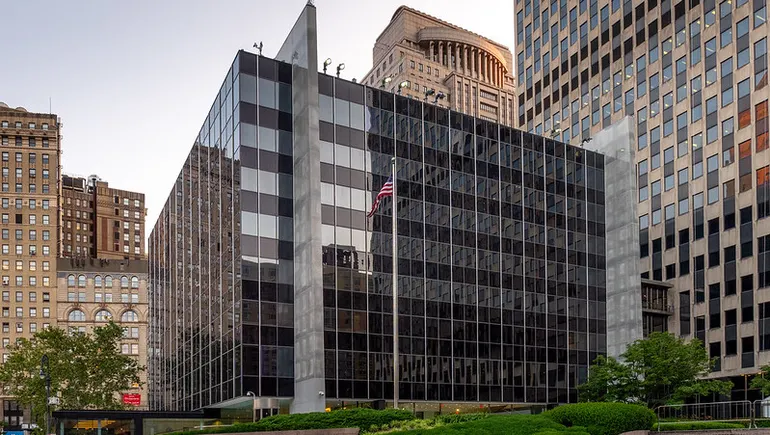A recent decision by a federal appeals court has temporarily allowed the Trump administration to keep tariffs in place, overturning a lower court ruling that had struck down a significant portion of the tariffs. This decision puts a halt to a previous court ruling that would have required the White House to phase out tariffs that were deemed illegal. The new order will enable the tariffs to remain while a judge considers President Donald Trump’s request for a longer delay on the original court ruling.
The United States Court of International Trade issued an injunction on tariffs imposed on Canada, China, and Mexico, as well as a 10% global tariff along with additional reciprocal tariffs. The court ordered the government to cease any operations related to these tariff orders and to issue administrative notices regarding the permanent injunction within 10 days.
The Trump administration quickly appealed the decision, stating that they would seek emergency relief from the Supreme Court if the ruling was not put on hold.
The uncertainty surrounding tariffs has left the food industry apprehensive. The potential price increases resulting from tariffs could further burden consumers already dealing with inflation concerns. Major companies have expressed worries that the tariffs could drive up costs of essential ingredients like chocolate and coffee.
The injunction was the outcome of various legal cases where small businesses and several U.S. states individually filed petitions to stop the tariffs. They argued that the imposition of tariffs under the International Emergency Economic Powers Act exceeded presidential authority. The court’s opinion stated that the law does not grant unlimited authority to impose tariffs on goods from numerous countries.
In addition to imposing broad tariffs on trading partners, Trump also used the IEEPA to eliminate the de minimis exemption for imports from China and Hong Kong. The White House intends to end de minimis treatment for products from other countries under the act once mechanisms are in place to collect additional duties. However, these plans are now uncertain due to the court’s decision to halt the executive orders enabling them.
It’s important to note that tariffs on automobiles, auto parts, steel, and aluminum products were not affected by the injunction as they were implemented under a different trade authority. Similarly, tariffs imposed under Section 301 will remain in effect.
The U.S. Court of International Trade, established by the Constitution, has jurisdiction over civil actions related to customs and trade laws nationwide. Decisions made by the court can be reviewed by a federal appeals court.
Several Trump administration officials have criticized the court’s decision to halt tariffs. White House Deputy Chief of Staff Stephen Miller and White House spokesperson Kush Desai have both expressed their disapproval of the judicial intervention.
Contributions to this story were made by Sarah Zimmerman and Max Garland.

